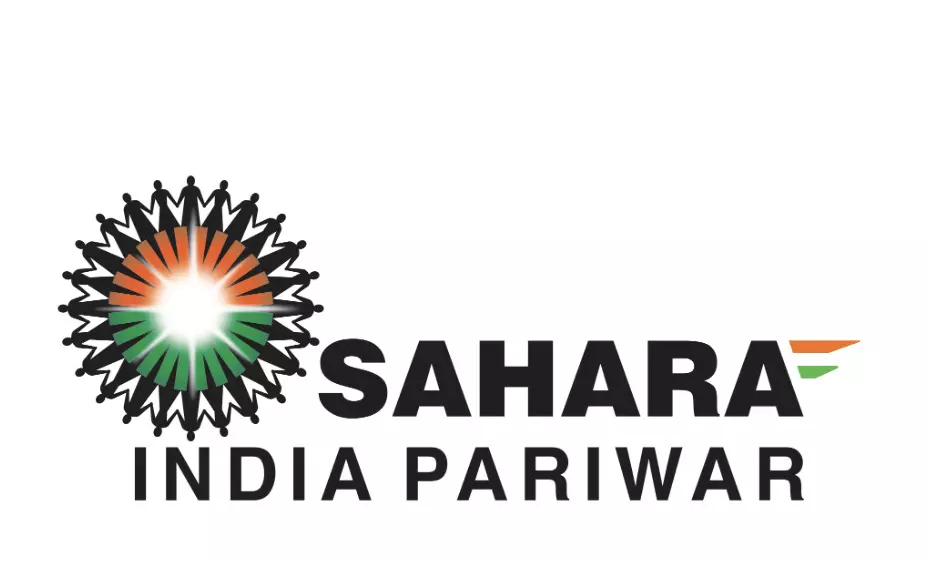Did 'Sahara India Pariwar' built an empire through a Ponzi scheme?
It sheds light on a specific enigma surrounding Sahara's ₹25,000 crores liability, stemming from the issuance of Optionally Fully Convertible Unsecured Debentures (OFCDs)
image for illustrative purpose

The article delves into the intricate narrative of Sahara, once a vast business empire with diverse interests. It sheds light on a specific enigma surrounding Sahara's ₹25,000 crores liability, stemming from the issuance of Optionally Fully Convertible Unsecured Debentures (OFCDs) by two affiliated entities—Sahara India Real Estate Corporation Limited (SIRECL) and Sahara Housing Investment Corporation Limited (SHICL).
In 2010, during Sahara Prime City Limited's IPO filing, the Securities and Exchange Board of India (SEBI) discovered that SIRECL and SHICL had garnered over ₹19,000 crores from more than 2 crore investors. Sahara contended that this was a private fundraising endeavor among its "family" of well-wishers, thereby sidestepping SEBI regulations. However, SEBI contended that the magnitude of the fundraising classified it as a public issue, necessitating regulatory adherence.
This disagreement led to legal battles, culminating in the Supreme Court instructing Sahara to refund the funds to investors and deposit the OFCD-raised amount with SEBI. Sahara insisted it had repaid the money in cash, yet the lack of evidence left the Supreme Court unconvinced. While SEBI managed to recover substantial amounts, it now holds ₹25,000 crores with only ₹138 crores in claims.
The article speculates on the authenticity of Sahara's colossal fundraising via OFCDs, questioning whether it was a genuine effort or a ploy to attract more investors. It alludes to a potential deception involving Sahara Cooperative Societies, alleging that Sahara operated a Ponzi scheme, using fresh investor funds to fulfill the interest promises made to earlier investors.
The mystery endures, prompting contemplation on the credibility of Sahara's financial transactions and the destiny of the unclaimed funds. The author implies that the truth might remain concealed, possibly known solely to Subrata Roy, Sahara's founder.

